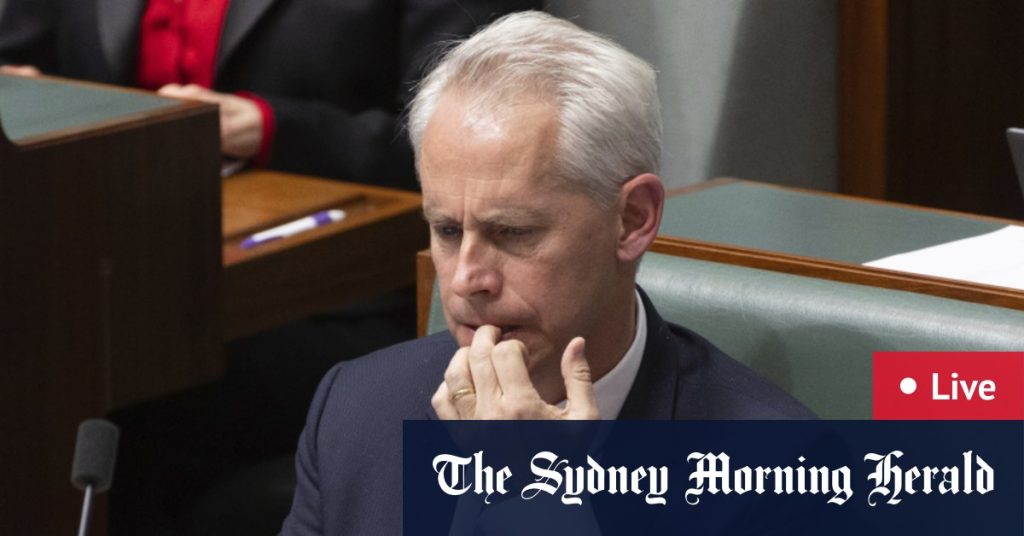Local media in New Zealand recently reported that Australian brothers convicted of rape will not be deported despite their crimes due to their long stay in the country. Danny and Roberto Jaz, who were found guilty of rape, drugging, and filming women, will not be sent back to Australia when their jail terms end. The victims of the brothers were reportedly disappointed by this news, as they had hoped for deportation once the brothers were released. However, Immigration New Zealand official Margaret Cantlon stated that residence class visa holders were not liable for deportation due to their extended residency in the country.
This situation in New Zealand has drawn comparisons to a political furore in Canberra over similar rulings preventing the expulsion of foreign convicts. In Australia, Immigration Minister Andrew Giles has faced criticism for issuing ministerial directive 99, which requires significant weight to be given to a person’s ties to Australia when deciding whether to refuse their visa. The directive was implemented last year and has been cited in several Administrative Appeals Tribunal decisions that overturned government decisions to cancel visas on character grounds for criminals upon their release from prison. This has prompted criticism from the federal opposition, with accusations that the Albanese government is jeopardizing community safety.
In response to the controversy, Prime Minister Anthony Albanese announced the drafting of a new directive in parliament. The government claims that the AAT has misinterpreted directive 99 and that the new directive will address any issues that have arisen. Labor ministers have also highlighted instances where former Home Affairs Minister Peter Dutton released people convicted of serious crimes instead of deporting them, while leading the Coalition government. However, the Coalition has called for the resignation of the immigration minister and is expected to continue its attacks during question time in parliament.
The case of the Jaz brothers in New Zealand highlights the complexities surrounding deportation decisions for foreign convicts, particularly those with long-term residency in the country where the crimes were committed. The issue has sparked debate and criticism in both New Zealand and Australia, with concerns raised about public safety and the interpretation of immigration laws and directives. The differing approaches taken by the Australian and New Zealand governments in handling such cases have also been a point of contention, with calls for clearer guidelines and consistency in decision-making processes. The upcoming parliamentary discussions are expected to delve further into these issues and the potential amendments to immigration policies in both countries.


